France began withdrawing its military forces from Chad on Tuesday, starting with the departure of two Mirage fighter jets from the capital, N'Djamena, signaling a significant shift in its counterterrorism strategy in Africa.
The move follows Chad's termination of its defense cooperation agreement with Paris last month.
The Mirage 2000-D jets, a key part of France's military presence in Chad, left for Nancy, France, after a farewell ceremony involving Chadian military officials.
French military spokesperson Col. Guillaume Vernet stated that negotiations with Chad's government are ongoing to determine the timeline and logistics for the withdrawal of the remaining 1,000 French troops stationed in the country.
Chadian Foreign Minister Koulamallah Abderaman said the French ground forces will gradually disengage in the coming weeks.

Operation Barkhane Presence Comes to an End
Chad has emphasized that the decision to end the defense pact does not diminish historical ties with France and that it seeks to maintain cooperation in non-defense sectors.
The withdrawal marks another retreat for France from its former colonies in Africa's Sahel region.
Similar expulsions have occurred in Mali, Burkina Faso, and Niger, driven by anti-French sentiment and criticism of France's counterterrorism efforts. Many African governments and civilians have accused France of failing to achieve meaningful security gains while maintaining a neo-colonial presence.
Chad, a key military ally in the region, has played a prominent role in combating extremist groups such as Boko Haram and affiliates of ISIS and al-Qaeda.
The French presence in Chad was part of Operation Barkhane, a large-scale counterterrorism initiative launched in 2014 to stabilize the Sahel region.

Chants Demand 'France Out'
Public demonstrations against France have increased in Chad in recent weeks.
Hundreds of protesters in N'Djamena last week chanted, "Chad for us, France out!" while holding banners calling for the complete withdrawal of French troops.
"We do not want to see a single French person in Chad," read others.
These protests echo sentiments in neighboring Sahel countries, where governments have pivoted toward Russia and welcomed support from the Wagner Group, a Russian private military contractor, garnering local opposition.

Deby Seeks New Global Security Partnerships
Chad's interim president, Mahamat Deby Itno, took power in 2021 after his father, who ruled the country for over three decades, was killed in combat with rebels.
Last year, the government extended its initial 18-month transition by two more years, sparking widespread protests across the country.
Analysts suggest Deby has long harbored mistrust toward France, opening the door for partnerships with other nations such as Russia, Turkey, and the United Arab Emirates.
"Deby has been seeking to diversify its security partnerships away from exclusive deals. He doesn't trust [French President Emmanuel] Macron. ... He can also not ignore widespread anti-French sentiment," said Ulf Laessing, head of the Sahel program at the Konrad Adenauer Foundation in Mali.
Senegal's President Bassirou Diomaye Faye echoed the shifting dynamics, telling Le Monde: "It's not because the French have been there since the slavery period that it's impossible to do otherwise."
This article includes reporting by The Associated Press.
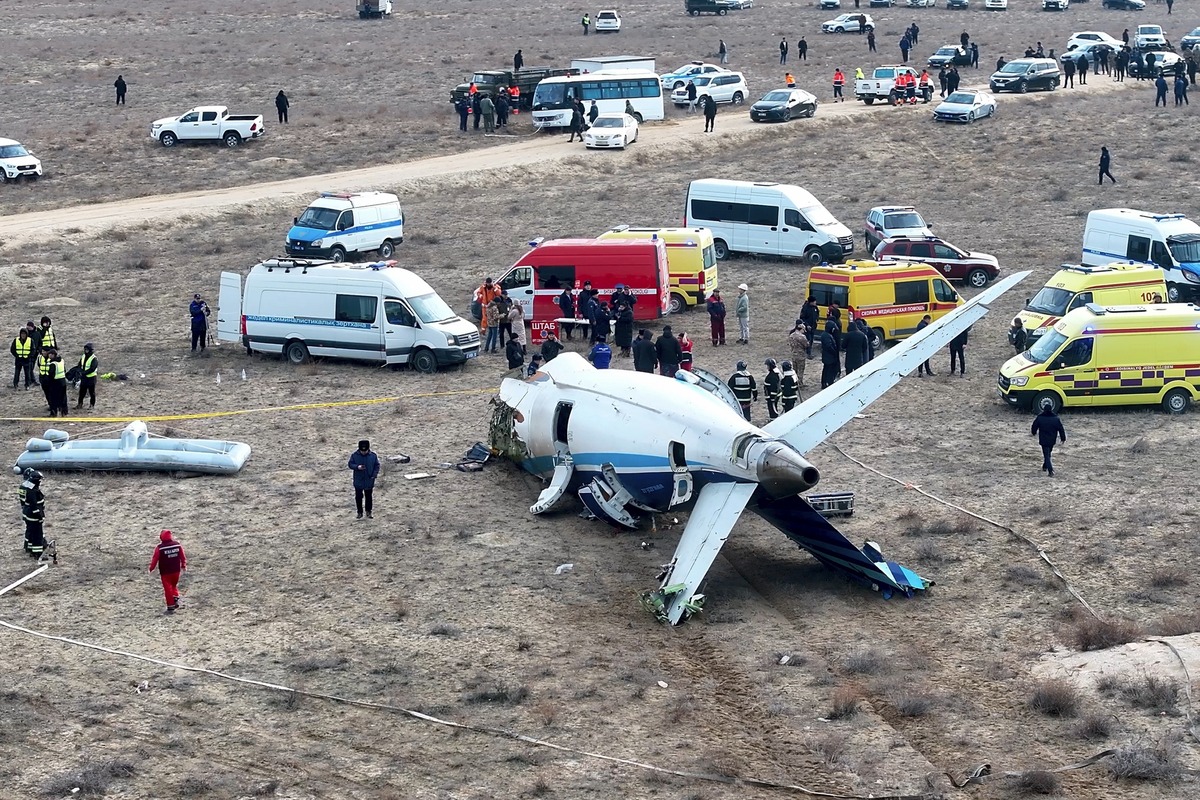

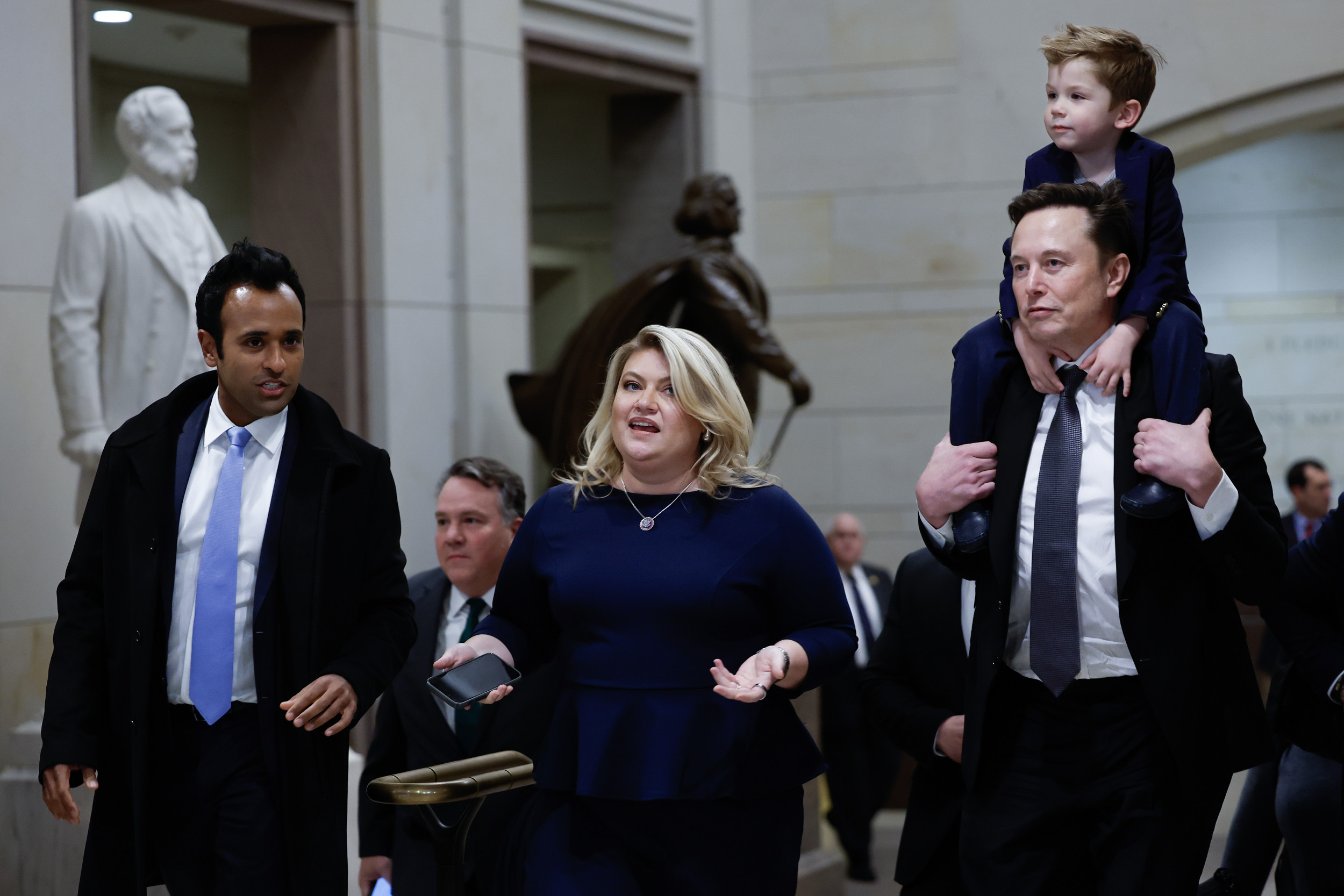
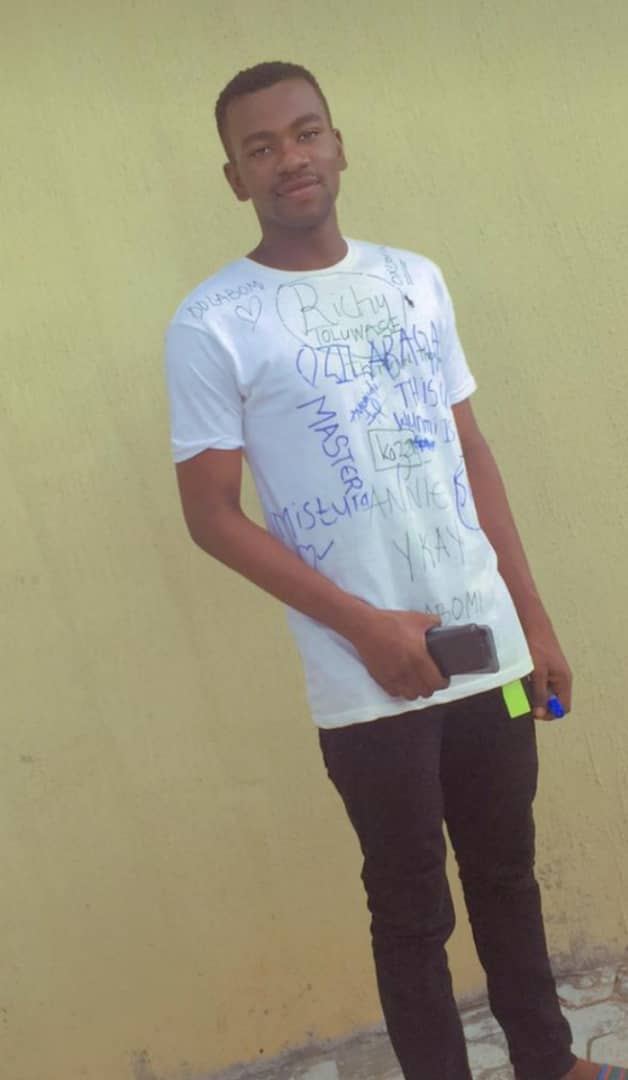

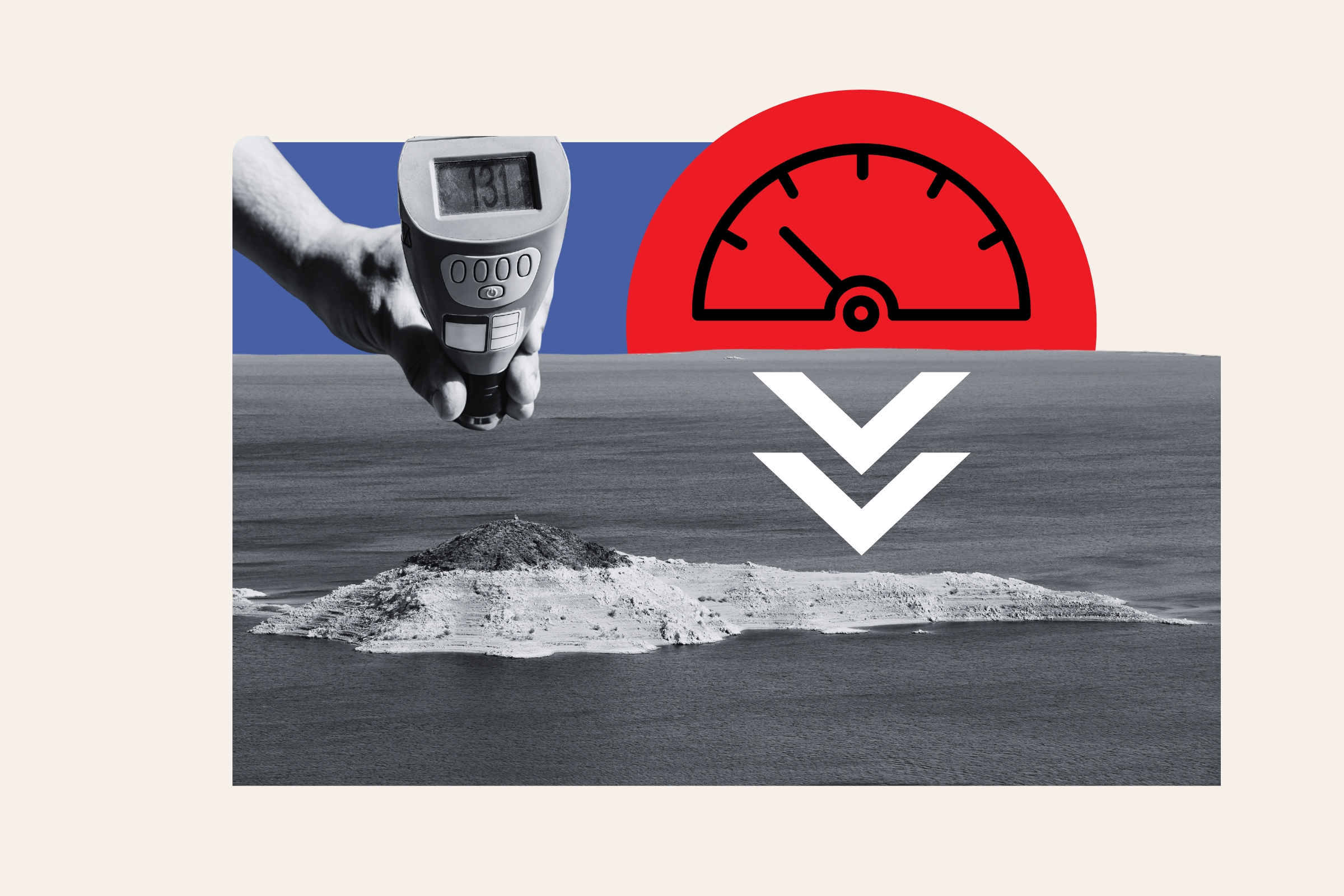
.png)


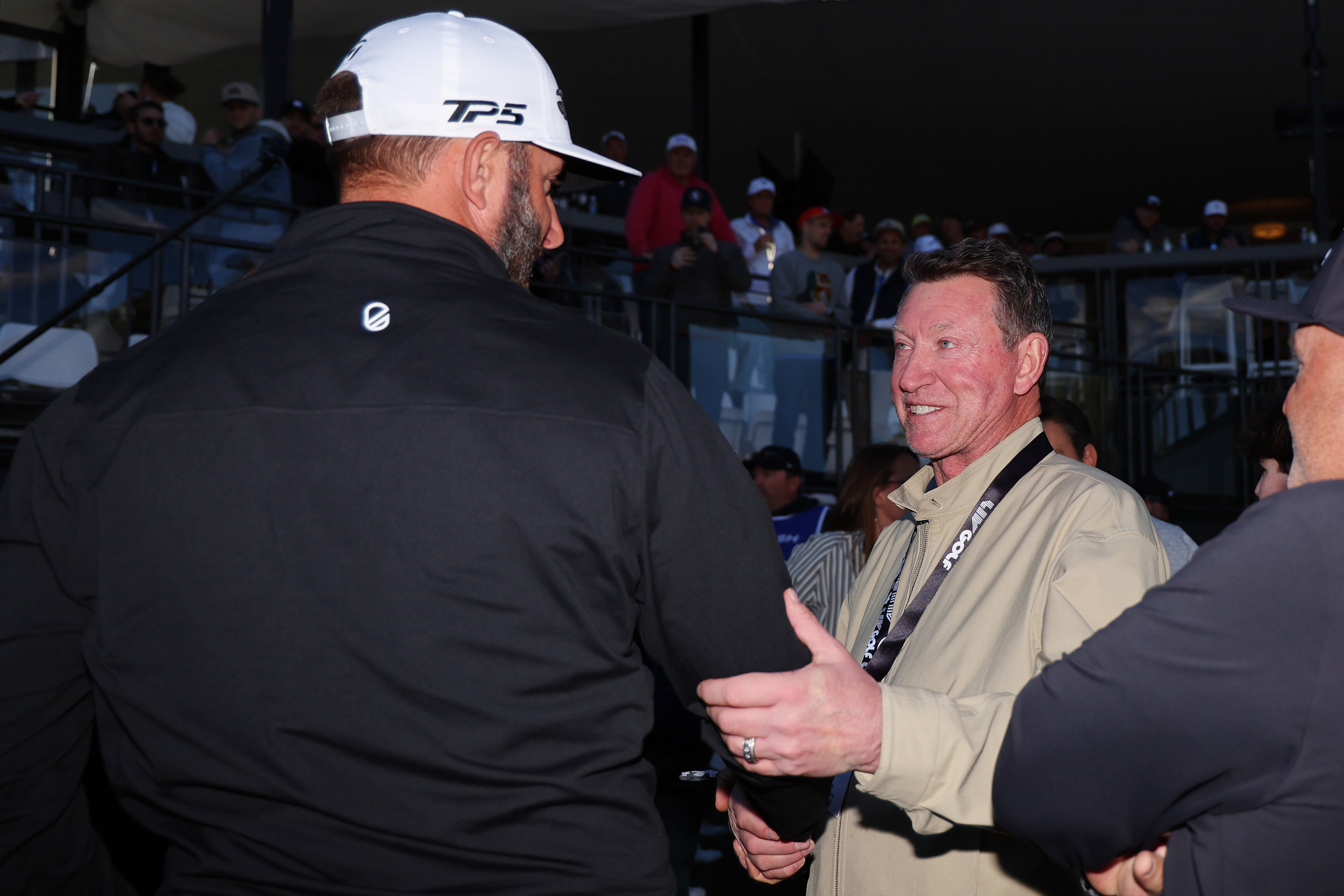










 English (US) ·
English (US) ·